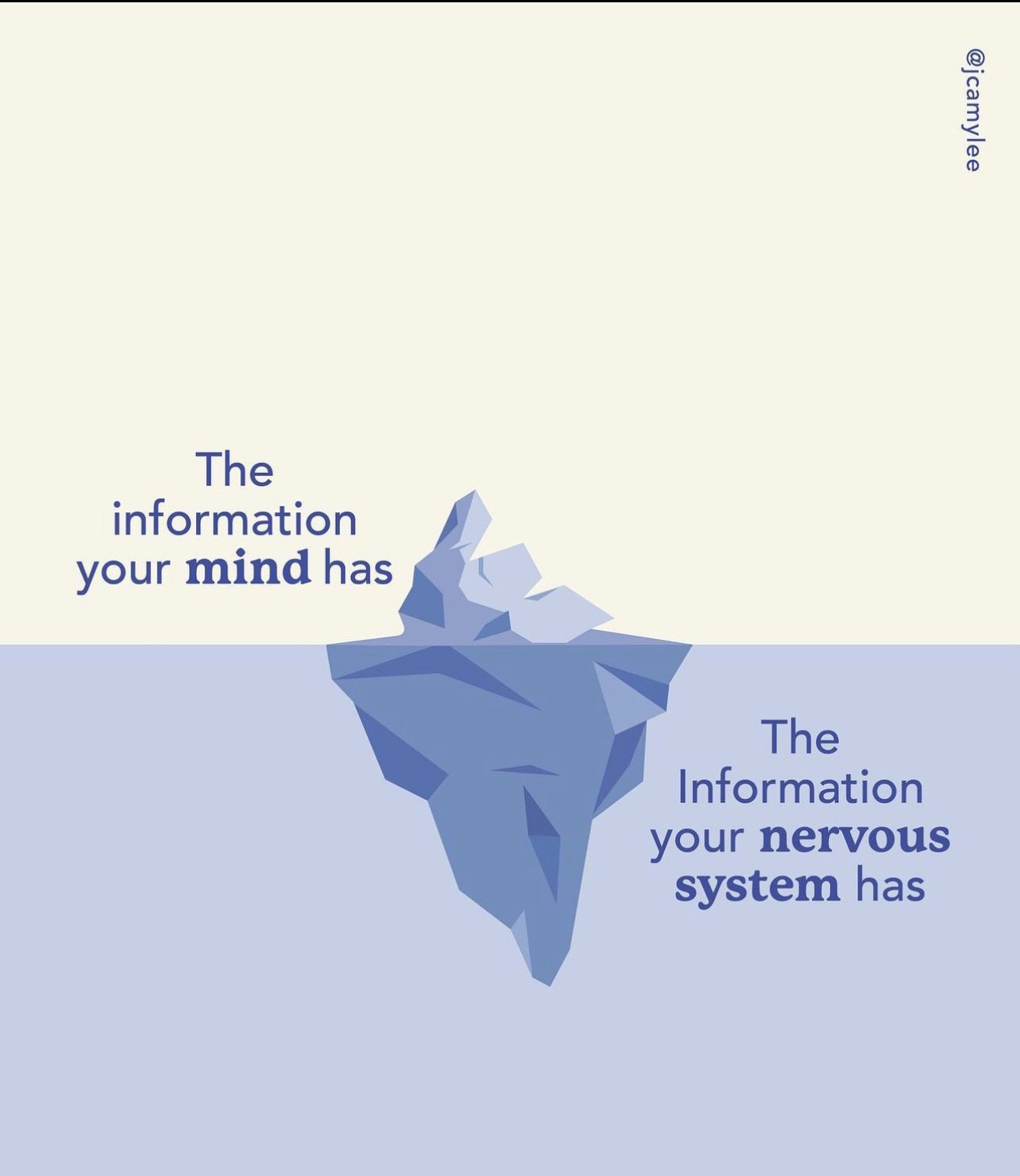I woke up to news that my yoga teacher passed away last night.
I’ve practiced yoga for 20+ years and for over a decade made annual trips to India to practice with my teacher. I would wake at 4:30am to gather in the vestibule with the other students watching those already practicing surf the wave of the asanas while we waited to be called in. The combined breath of that many practitioners mimicked the sound of waves. These hushed moments were weighty. We would be anxious to miss our name (more typically referenced by our country “Canada, you come”), humbled when he passed our turn for another student for reasons only he would know (‘No, not you, you wait’), and laughing when he laughed (‘No, the other Canada, the short Canada’).
My teacher was boundaried, kind, disciplined, stern, playful, and humble. He held space for hundreds of practitioners and he held a sense of self when thrust into the spotlight. I learned from him and through his teaching. Those years and that practice shaped me.
I figured I would return to the shala in India when the kids were older and my time became more my own. I figured my teacher would laugh and call me “bad lady” for my prolonged absence and my stiff body. I figured I had time to return. I figured it might be a little bit different but mostly the same and I see now that I was naive, or capricious, or arrogant. You can’t step in the same river twice, I know this. I know life changes, it moves on, and I can struggle with that. Change is hard.
In therapy we might talk about my activated parts, how a young child part was awakened and re-activated by this unwanted change. Or we might talk about navigating the emotional murkiness of grief or regret. Or how I support my tolerance for these sticky feelings and what tools I have in place to support myself through them. Or navigating the dichotomy between intentions and reality. My response to this news is informed by my unique life experiences and I’m offered a chance to stretch into a different response.
I will return to India but it will be different and different is something I find difficult. It’s my teacher’s final lesson.




